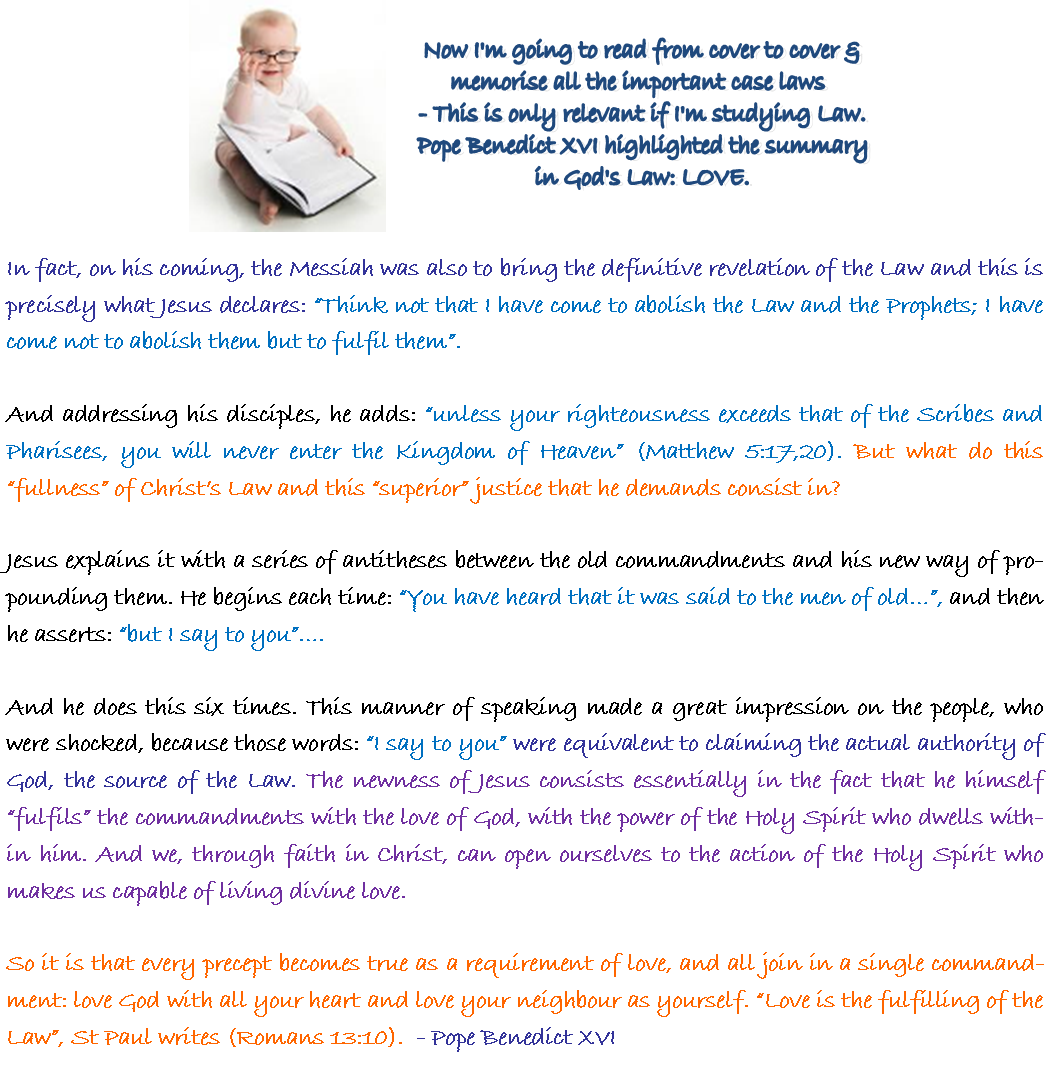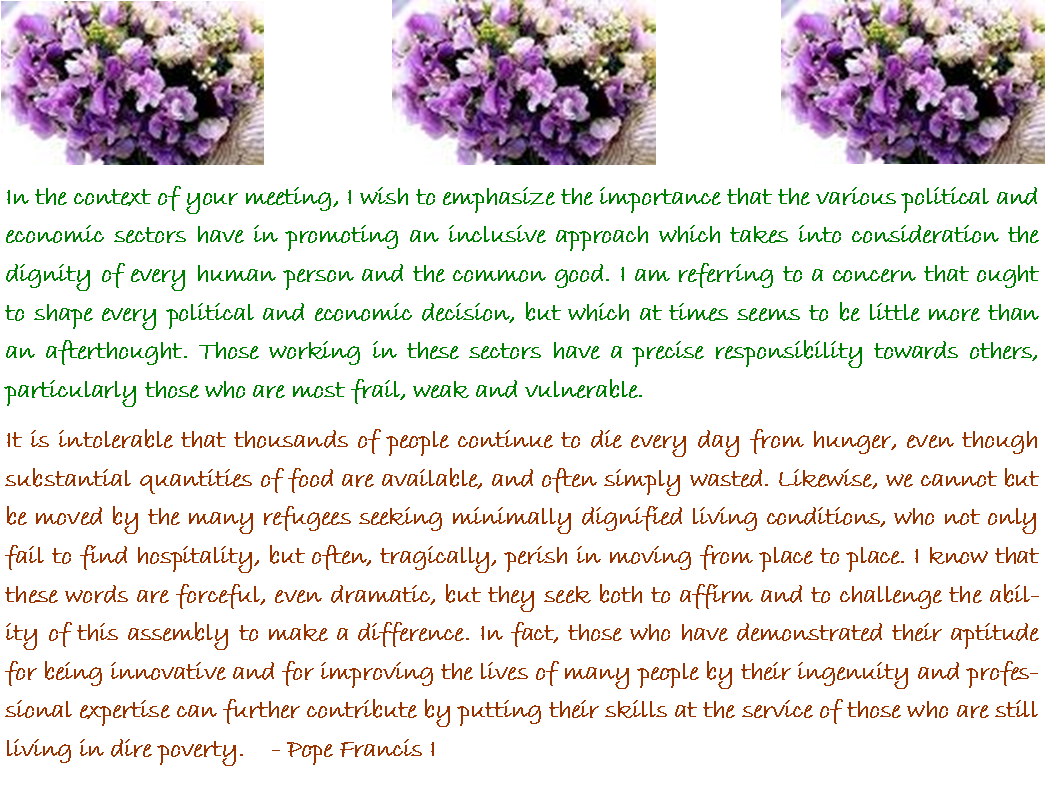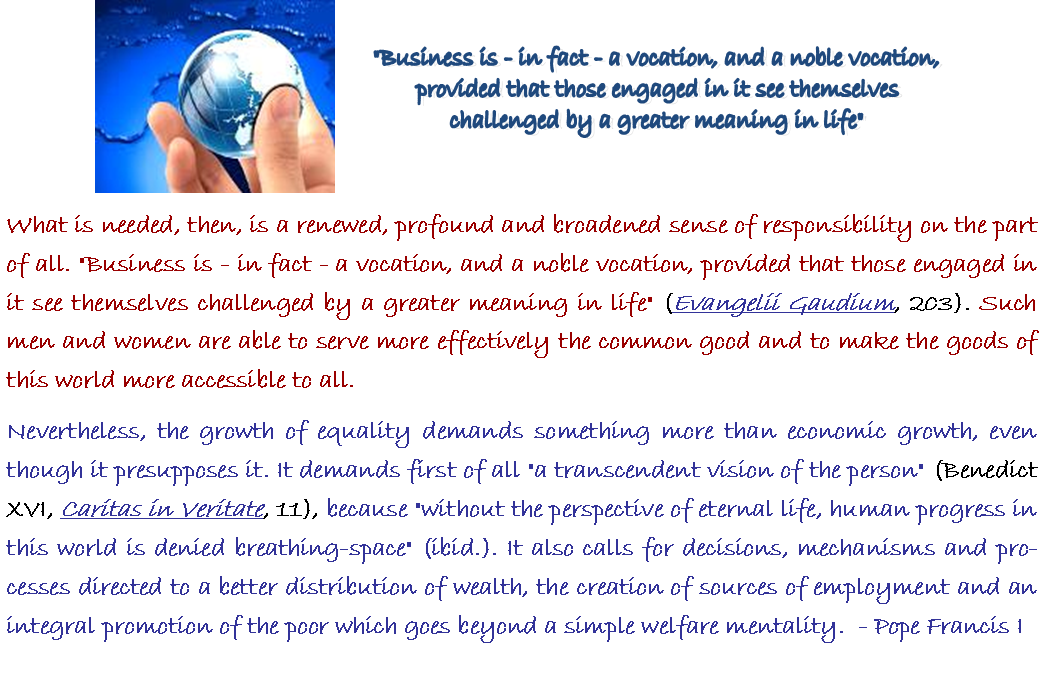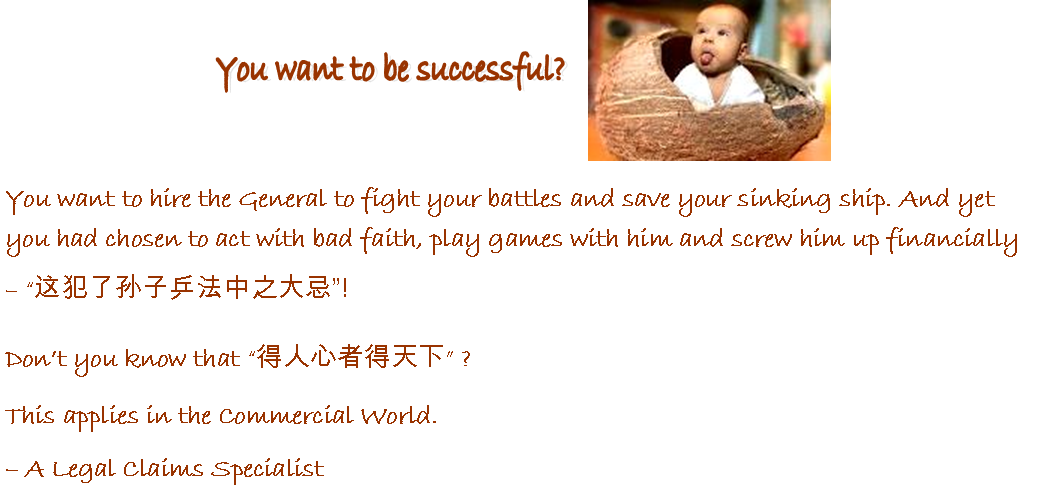|
130 |

|
BENEDICT XVI ANGELUS St Peter's Square (Video)
Dear Brothers and Sisters,
In this Sunday’s Liturgy we continue to read Jesus’ so-called “Sermon on the Mount”. It is contained in chapters 5, 6 and 7 of Matthew’s Gospel. After the Beatitudes, which are the programme of his life, Jesus proclaims the new Law, his Torah, as our Jewish brothers and sisters call it. In fact, on his coming, the Messiah was also to bring the definitive revelation of the Law and this is precisely what Jesus declares: “Think not that I have come to abolish the Law and the Prophets; I have come not to abolish them but to fulfil them”.
And addressing his disciples, he adds: “unless your righteousness exceeds that of the Scribes and Pharisees, you will never enter the Kingdom of Heaven” (Matthew 5:17,20). But what do this “fullness” of Christ’s Law and this “superior” justice that he demands consist in?
Jesus explains it with a series of antitheses between the old commandments and his new way of propounding them. He begins each time: “You have heard that it was said to the men of old…”, and then he asserts: “but I say to you”…. For example, “You have heard that it was said to the men of old, ‘you shall not kill; and whoever kills shall be liable to judgement’. But I say to you that everyone who is angry with his brother shall be liable to judgement” (Matthew 5:21-22).
And he does this six times. This manner of speaking made a great impression on the people, who were shocked, because those words: “I say to you” were equivalent to claiming the actual authority of God, the source of the Law. The newness of Jesus consists essentially in the fact that he himself “fulfils” the commandments with the love of God, with the power of the Holy Spirit who dwells within him. And we, through faith in Christ, can open ourselves to the action of the Holy Spirit who makes us capable of living divine love.
So it is that every precept becomes true as a requirement of love, and all join in a single commandment: love God with all your heart and love your neighbour as yourself. “Love is the fulfilling of the Law”, St Paul writes (Romans 13:10).
With regard to this requirement, for example, the pitiful case of the four Rome children, who died last week when their shack caught fire on the outskirts of this city, forces us to ask ourselves whether a more supportive and fraternal society, more consistent in love, in other words more Christian, might not have been able to prevent this tragic event. And this question applies in the case of so many other grievous events, more or less known, which occur daily in our cities and our towns.
Dear friends, perhaps it is not by chance that Jesus’ first great preaching is called the “Sermon on the Mount”! Moses went up Mount Sinai to receive the Law of God and bring it to the Chosen People. Jesus is the Son of God himself who came down from Heaven to lead us to Heaven, to God’s height, on the way of love. Indeed, he himself is this way; all we have to do in order to put into practice God’s will and to enter his Kingdom, eternal life, is to follow him.
Only one creature has already scaled the mountain peak: the Virgin Mary. Through her union with Jesus, her righteousness was perfect: for this reason we invoke her as Speculum iustitiae. Let us entrust ourselves to her so that she may guide our steps in fidelity to Christ’s Law.
After the Angelus:
I extend warm greetings to the English-speaking pilgrims present at this Angelus prayer. “Immense is the wisdom of the Lord”, we hear proclaimed in our Liturgy today. As the Blessed Virgin Mary entrusted her entire life to that wisdom, may we too place our lives completely under the guidance of God’s law of love. Entrusting you to Mary’s motherly care, I invoke upon you and your families God’s Blessings of peace and joy.
I wish you all a good Sunday.
Acknowledgment: We thank the Vatican Publisher for allowing us to publish the Homily of Pope Benedict XVI, so that it could be accessed by more people all over the world; as a source of God’s encouragements to all of us.
|

|
MESSAGE OF POPE FRANCIS
To Professor Klaus Schwab
I am very grateful for your kind invitation to address the annual meeting of the World Economic Forum, which, as is customary, will be held at Davos-Klosters at the end of this month. Trusting that the meeting will provide an occasion for deeper reflection on the causes of the economic crisis affecting the world these past few years, I would like to offer some considerations in the hope that they might enrich the discussions of the Forum and make a useful contribution to its important work.
Ours is a time of notable changes and significant progress in different areas which have important consequences for the life of humanity. In fact, "we must praise the steps being taken to improve people’s welfare in areas such as health care, education and communications" (Evangelii Gaudium, 52), in addition to many other areas of human activity, and we must recognize the fundamental role that modern business activity has had in bringing about these changes, by stimulating and developing the immense resources of human intelligence. Nonetheless, the successes which have been achieved, even if they have reduced poverty for a great number of people, often have led to a widespread social exclusion. Indeed, the majority of the men and women of our time still continue to experience daily insecurity, often with dramatic consequences.
In the context of your meeting, I wish to emphasize the importance that the various political and economic sectors have in promoting an inclusive approach which takes into consideration the dignity of every human person and the common good. I am referring to a concern that ought to shape every political and economic decision, but which at times seems to be little more than an afterthought. Those working in these sectors have a precise responsibility towards others, particularly those who are most frail, weak and vulnerable. It is intolerable that thousands of people continue to die every day from hunger, even though substantial quantities of food are available, and often simply wasted. Likewise, we cannot but be moved by the many refugees seeking minimally dignified living conditions, who not only fail to find hospitality, but often, tragically, perish in moving from place to place. I know that these words are forceful, even dramatic, but they seek both to affirm and to challenge the ability of this assembly to make a difference. In fact, those who have demonstrated their aptitude for being innovative and for improving the lives of many people by their ingenuity and professional expertise can further contribute by putting their skills at the service of those who are still living in dire poverty. |

|
What is needed, then, is a renewed, profound and broadened sense of responsibility on the part of all. "Business is - in fact - a vocation, and a noble vocation, provided that those engaged in it see themselves challenged by a greater meaning in life" (Evangelii Gaudium, 203). Such men and women are able to serve more effectively the common good and to make the goods of this world more accessible to all. Nevertheless, the growth of equality demands something more than economic growth, even though it presupposes it. It demands first of all "a transcendent vision of the person" (Benedict XVI, Caritas in Veritate, 11), because "without the perspective of eternal life, human progress in this world is denied breathing-space" (ibid.). It also calls for decisions, mechanisms and processes directed to a better distribution of wealth, the creation of sources of employment and an integral promotion of the poor which goes beyond a simple welfare mentality.
I am convinced that from such an openness to the transcendent a new political and business mentality can take shape, one capable of guiding all economic and financial activity within the horizon of an ethical approach which is truly humane. The international business community can count on many men and women of great personal honesty and integrity, whose work is inspired and guided by high ideals of fairness, generosity and concern for the authentic development of the human family. I urge you to draw upon these great human and moral resources and to take up this challenge with determination and far-sightedness. Without ignoring, naturally, the specific scientific and professional requirements of every context, I ask you to ensure that humanity is served by wealth and not ruled by it.
Dear Mr Chairman and friends, I hope that you may see in these brief words a sign of my pastoral concern and a constructive contribution to help your activities to be ever more noble and fruitful. I renew my best wishes for a successful meeting, as I invoke divine blessings on you and the participants of the Forum, as well as on your families and all your work.
From the Vatican, 17 January 2014
FRANCISCUS PP.
Acknowledgment: We thank the Vatican Publisher for allowing us to publish the Message of Pope Francis I, so that it could be accessed by more people all over the world; as a source of God’s encouragements to all of us. 23 February 2014 |


|
You want to be successful and happy, isn’t it obvious that you need God to be your Ally? Is it possible to win any commercial battle if you are God’s enemy? And worse, He might help your opponents to fight you. Finally, to avoid irreversible damage, you better quickly Sue for PEACE if your opponent is God’s Ally (cf. Deuteronomy 28:1-14 (Encouragements-12), Leviticus 26:3-13 (Encouragements-81)). - A Commercial Consultant |